Audit Services
At the Central States Conference of Seventh-day Adventists
Why Should A Church Be Audited?
- Safeguards your organization's financial officers from false accusations of mishandling funds, ensuring accountability and trust.
- Builds trust and confidence among financial supporters by ensuring transparent and accurate money management practices within the organization.
- Establishes fiscal responsibility habits to ensure continuity and accountability during personnel turnover.
- Ensures that donations with specific conditions are consistently managed according to donors' instructions, affirming transparency in fund utilization.
- Ensures financial accountability by reconciling incoming and outgoing funds.
Benefits of Conducting an Audit: Understanding the Purpose and Impact
An audit should:
Verify treasurer reports independently for accuracy and transparency.
- Track the funding flow and ensure proper financial management practices are in place.
- Ensure transparent documentation of how donated funds are used in accordance with donor specifications.
Auditors not only track cash flow within the system but also assess various financial aspects:
- Accounting controls (systems that reduce the possibility of loss or errors).
- Segregation of duties (assurances that more than one person is involved in critical steps in handling money so that there can be checks and balances).
- Ensuring the adequacy of systems and procedures considering various factors like organizational size and budget.
- Adequacy of insurance coverage.
- Ensure clear documentation of donors' specified contributions and their designated purposes within your organization.

What Information Is Examined? Understanding the Data Analyzed
- Copies of your organization's financial and treasury policies and procedures along with approved meeting minutes.
- List of bank and investment accounts with authorized signatories, including any special accounts managed by pastors or administrators on behalf of the church.
- Financial statements for every month of the year, including December of the previous year and January of the following year, spanning a period of fourteen months.
- Statements for both bank and investment accounts for the corresponding period.
- Bank reconciliations for that same period.
- Reviews of general and subsidiary journals as original entry books. For computerized systems, ensure an printed or virtually accessible record of annual transactions by account is maintained.
- Ensure you have records of paid invoices, payroll details, tax forms (like 941's, W-2's, 1099's), income deposits, and deposit records from the last fourteen months for your business documentation.
- Income records and financial statements of the Financial Secretary for the corresponding period.

Essential Items for Bi-Annual Audit
- Bank Statements (Include Savings accounts, Revolving Fund and C.O.D.'s)
- Canceled Checks
- Check Stubs
- Paid Invoices and receipts
- General Ledger (if manual accounting)
- Tithe envelopes
- Tithe & Offering receipts (if manual accounting)
- Weekly contribution reports
- Financial Statements
- Monthly remittance reports
- Board Minutes
- Backup disc(s) including password.

Contact Our Auditor
In compliance with organizational policy each church is to be audited bi-annually. You will receive a letter/e-mail requesting your books at any given date during the year.
We recommend that records be sent by a carrier that can provide a tracking number such as UPS or FedEx.
Please ship your books to:
3301 Parallel Parkway
Kansas City, KS 66104
